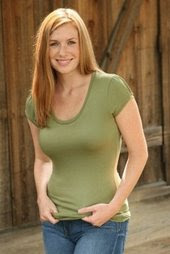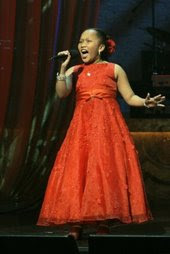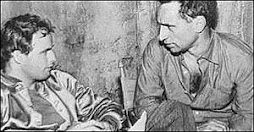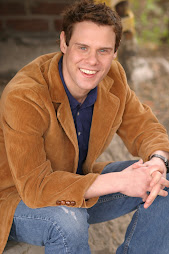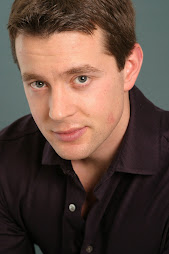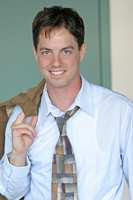
Eight Steps to a Solid Audition for an MFA Program
From researching schools and preparing monologues to filling out applications and making travel arrangements, getting accepted into a school’s MFA or BFA program can be complicated. But all that research and paperwork can pay off: Actors who apply to graduate school have decided to postpone an immediate career to pursue training that will, hopefully, expand them as artists and make them more-versatile actors.
1. Find a Coach
There are over 100 MFA acting programs in the United States, and their websites are the place to start in finding the one that’s right for you. If one of them is nearby and looks interesting, go see a show or ask if you can sit in on a class. American Theatre magazine is another good source of information. See other resouces and links posted below.
2. Select Your Monologues.
Rarely performed monologues are often recommended, though a familiar one is fine as long as you can do it better than anyone else.
3. Find a Coach
An experienced hand to guide you is vital in preparing your monologues. Some actors choose teachers they’ve studied with or older actors with whom they’ve worked, while others prefer an experienced director.
4. Treat your audition as a performance.
Give your audition the same time you would if you were rehearsing a show. Make an appointment to meet with your coach about three months before your first audition, and discuss the monologues you might want to do and ask for alternatives.
5. Schedule Your Auditions!There are two ways to be seen: You can sign up for group auditions through U/RTA, or you can set up a private audition. See U/RTA’s website,
http://www.urta.com/ for further details and a list of schools attending.
6. Keep Studying.Schools like to see students who are committed to their craft and who won’t quit under the rigors of grad school training. Some of them — such as American Conservatory Theater in San Francisco — offer summer programs with the same instructors who teach in the MFA program. It’s a good way for them to get to know you better, it gives you a taste of the grad school experience, and it could help you stand out when auditioning for the school in the future.
7. Get Some Experience.Schools also appreciate professional experience some even prefer it. It's okay to take time off and try and work professionally.
8. Be Yourself.Most important when auditioning for graduate school is to be yourself. I think the key with these auditions is being comfortable in your own skin. The most important part about auditioning is not who you know, what show you’ve been in, or what reviews you’ve gotten, but rather that you are yourself. That you’re a person interested in not only furthering your own abilities but also sharing the arts with others. People that are themselves are always the most interesting and honest, and the most fascinating on stage.
Here are some links to online resources:www.urta.com: Your guide to group auditions for graduate schools. It is a good place to get a list of some graduate schools. Know that there are many schools that have MFA programs that are not apart of U/RTA.
http://www.actorslife.com/MFA.html: Are you not sure if you want an MFA? Read this article to see if helps you make your decision.
http://actinglikeakid.blogspot.com/2005/11/college-foractors.html: An unofficial ranking of some of the top graduate programs.
http://theatre.uoregon.edu/MFA.html: A list of MFA programs (some schools not listed).








